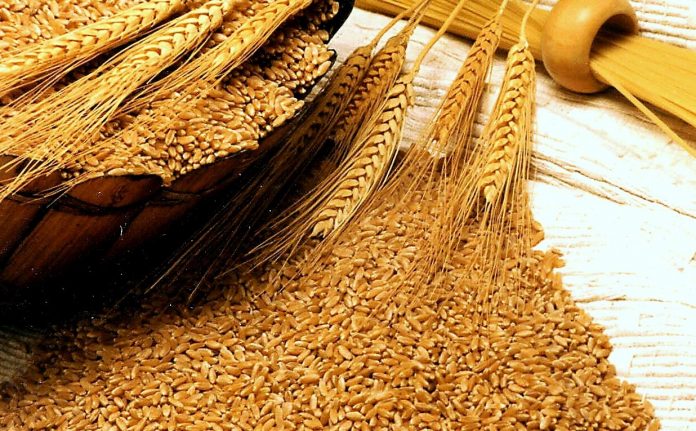Wheat and flour prices have seen a sharp rise in Karachi’s wholesale market, triggering fresh concerns about food inflation and supply issues, despite government claims of adequate national wheat stocks.
As per reports, wholesale wheat prices have increased significantly, now selling at Rs90 per kilogram, up from Rs72 in mid-August and Rs62 in July. This price surge has directly impacted flour prices, with flour no. 2.5 now priced at Rs97 per kilogram, and fine flour at Rs103.
In early August, these prices were Rs74 and Rs79, respectively. The cost of chakki flour has also risen by Rs20 per kilogram, now ranging between Rs110 and Rs135.
According to the Sensitive Price Index (SPI) for the week ending August 28, a 10kg bag of wheat now costs Rs794, up from Rs640. Consequently, 20kg wheat flour bags are being sold for between Rs1,700 and Rs2,100, and one kilogram of fine flour is priced at Rs106, compared to Rs93 in early August.
As flour prices continue to increase, consumers are likely to face additional financial strain once roti and naan sellers adjust their prices to reflect the higher costs of production.
Despite claims by National Food Security and Research Minister Rana Tanveer Hussain that the country holds sufficient wheat stocks, market stakeholders are skeptical. Minister Hussain had stated last week that Pakistan holds 33.47 million tonnes of wheat against a requirement of 33.58 million tonnes, a shortfall of just 0.11 million tonnes, and insisted that the situation was under control.
However, the Karachi Wholesalers Grocers Association (KWGA) questioned this assessment, pointing out that the government’s stock figures included leftover wheat from the previous year. KWGA estimates that the actual crop size this year is closer to 29-30 million tonnes, with 3-4 million tonnes already diverted for livestock feed.
The next wheat harvest is expected in March/April 2026, and KWGA urged the government to take immediate action to curb hoarding and stabilise the market. Concerns were also raised about the potential damage to carryover stocks due to flooding in Punjab.




